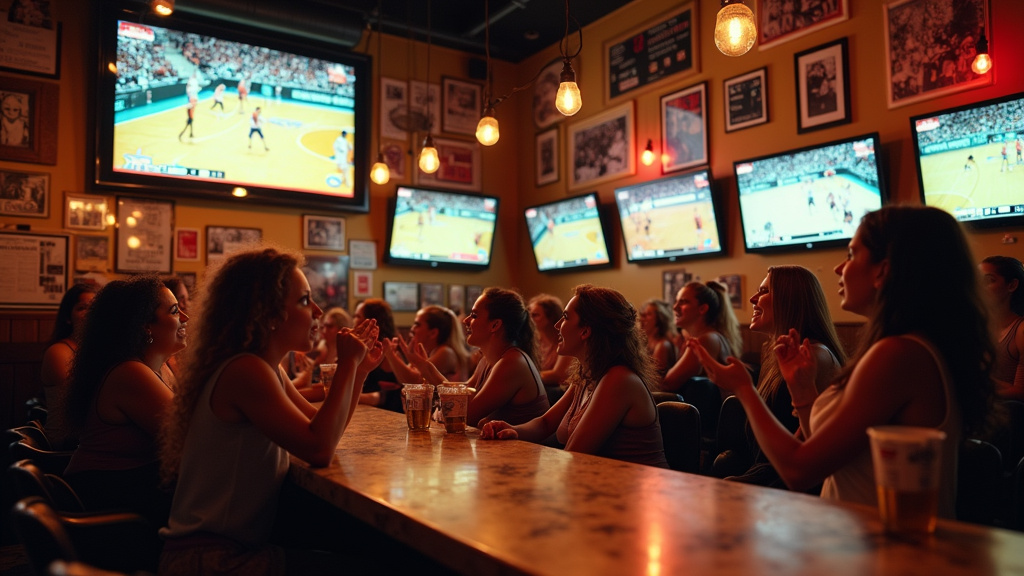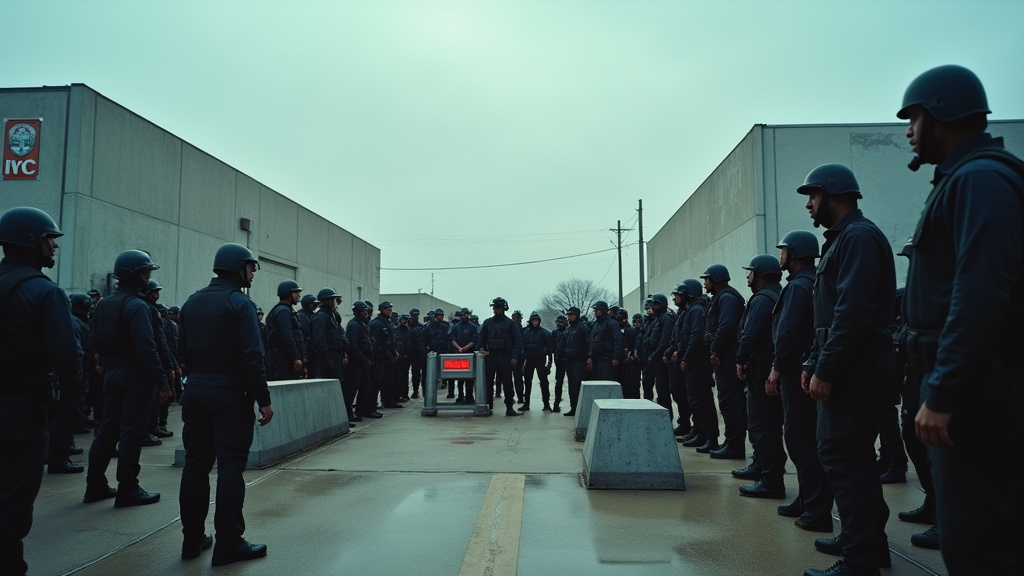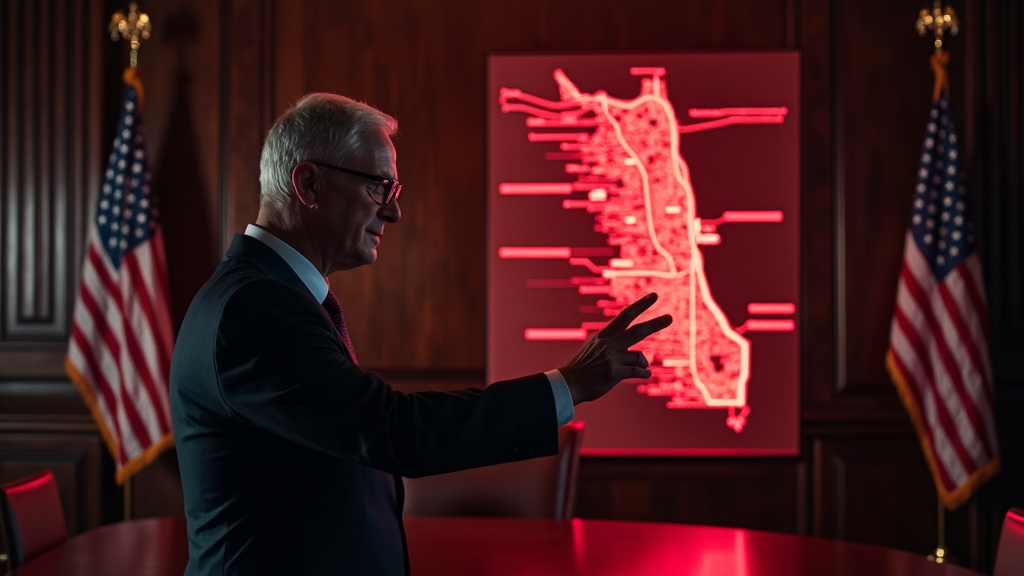Chicago’s City Council is poised to consider a significant legislative package aimed at simultaneously stimulating growth in underserved neighborhoods and enhancing public health standards across the city’s vast and diverse restaurant industry. Introduced as Ordinance 2025-015, the measure is spearheaded by Alderman Sofia Rossi, representing the 33rd Ward, and proposes a multi-faceted strategy involving targeted economic incentives and a city-wide increase in health inspection frequency.
The proposal reflects a complex balancing act: addressing the economic challenges facing many parts of the city and the restaurant sector itself, while also reinforcing the city’s commitment to food safety and public well-being. As the ordinance moves through the legislative process, it is expected to generate considerable discussion among policymakers, industry stakeholders, and the public.
Targeted Incentives for Neighborhood Revitalization
A core component of Ordinance 2025-015 is the provision of economic incentives designed to encourage the establishment of new dining establishments in areas identified as needing catalytic investment. Specifically, the ordinance designates 15 South and West side zones where new restaurants would be eligible for significant financial benefits. These benefits include a 5-year property tax abatement, offering a substantial reduction in property tax burden during a critical initial growth phase for businesses. Additionally, the proposal includes permit fee waivers, alleviating some of the upfront costs associated with opening a new food service operation in the city.
The objective behind these targeted incentives is to revitalize neighborhood dining scenes, create local jobs, and spur economic activity in areas that have historically faced disinvestment. Proponents argue that fostering vibrant restaurant corridors can transform communities, attracting foot traffic, encouraging further business development, and providing essential services to residents. The eligibility for these incentives would commence on July 1, 2025, signaling a clear timeline for potential investors and restaurateurs looking to take advantage of the program.
City-Wide Increase in Health Inspections
Parallel to the incentive program, Ordinance 2025-015 mandates a significant shift in the frequency of health inspections for all food service establishments throughout Chicago. Under current regulations, most restaurants receive annual health inspections. The proposed ordinance would increase this frequency to semi-annual checks, effectively doubling the number of mandated inspections each year for every restaurant in the city.
The stated goal of this change is to enhance public health protection and ensure consistent compliance with food safety regulations. City officials supporting the measure emphasize that more frequent inspections can lead to earlier identification and remediation of potential health hazards, reducing the risk of foodborne illnesses and building greater public confidence in the safety of Chicago’s dining establishments. This increased inspection schedule is slated to be implemented city-wide by Q4 2025.
Industry Reaction: Cautious Optimism and Concerns
The proposed ordinance has elicited a measured response from the restaurant industry. The Illinois Restaurant Association (IRA), a key representative body for the state’s dining sector, has publicly expressed cautious optimism regarding the incentives offered. Industry leaders recognize the potential benefits of the tax abatement and fee waivers in encouraging investment and expansion, particularly in target areas.
However, the IRA has also raised significant concerns regarding the mandated increase in health inspection frequency. In a statement, the association highlighted the potential burden that semi-annual inspections could place on small businesses. Restaurants already grapple with rising operational costs, including increases in labor, ingredients, and supply chain expenses. The process of preparing for, undergoing, and responding to inspections, combined with potential fees or required investments stemming from inspection findings, could strain limited resources for many independent operators.
Critics of the inspection increase argue that while food safety is paramount, the added regulatory burden might disproportionately impact smaller establishments compared to larger chains. They suggest exploring alternative approaches, such as risk-based inspection scheduling, rather than a blanket increase in frequency for all businesses, regardless of their compliance history or type of operation.
Next Steps in the Legislative Process
Ordinance 2025-015 is now entering a critical phase of public review and legislative consideration. To gather feedback from stakeholders and the general public, the City Council has scheduled public hearings on the measure for February 18th and 20th. These hearings will provide a platform for residents, business owners, industry representatives, and advocacy groups to voice their opinions and provide input on the proposed changes.
Following the public hearings, the ordinance will proceed through relevant City Council committees for further review, potential amendments, and debate before it can be brought before the full council for a vote. The outcome of this legislative process will significantly shape the future economic landscape and regulatory environment for Chicago’s vibrant restaurant industry.












